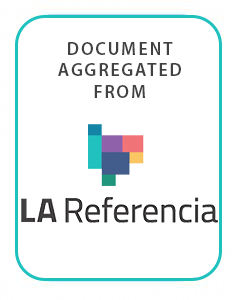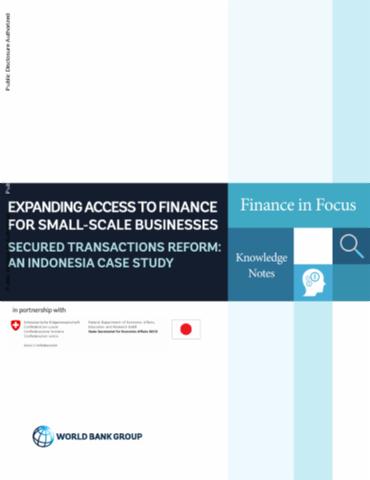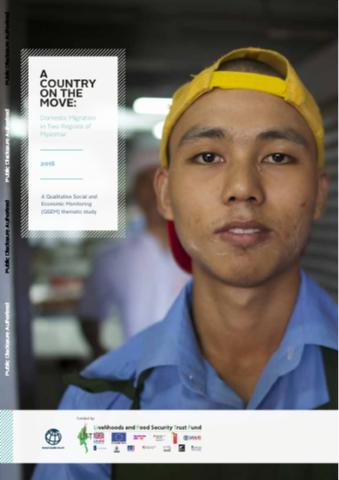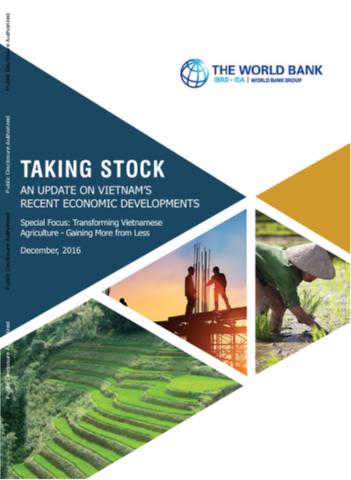This paper analyses the climate change projected for the near and distant future in South America using MRI/JMA (Japanese Meteorological Agency) global model simulations with resolutions of 20 and 60 km. Changes in mean climate, as well as in the annual cycles and interannual variability of…
A lack of access to finance has been one of the biggest impediments to the development and growth of the small-scale business sector in Indonesia. While micro, small and medium-sized enterprises (MSMEs) account for almost all employment in Indonesia (97 percent), the sector as a whole accounts…
A lack of access to finance has been one of the biggest impediments to the development and growth of the small-scale business sector in Indonesia. While micro, small and medium-sized enterprises (MSMEs) account for almost all employment in Indonesia (97 percent), the sector as a whole accounts…
In the last four years Myanmar’s economy has seen a slight shift away from agriculture toward industry and services. This may mark the beginning of a structural transformation away from a rural, agricultural economy toward a more urban, industrial and service-based economy. Urbanization and job…
In the last four years Myanmar’s economy has seen a slight shift away from agriculture toward industry and services. This may mark the beginning of a structural transformation away from a rural, agricultural economy toward a more urban, industrial and service-based economy. Urbanization and job…
Over recent decades, Vietnam’s agricultural sector has made enormous progress, realizing major gains in productivity and output and contributing to national goals related to food security, poverty reduction, social stability, and trade. Nevertheless, there are growing concerns related to the…
Over recent decades, Vietnam’s agricultural sector has made enormous progress, realizing major gains in productivity and output and contributing to national goals related to food security, poverty reduction, social stability, and trade. Nevertheless, there are growing concerns related to the…
Australia biodiversity conservation tour: building capacity of Fijian forestry ministry professionals
The Flexi-Bach design is based on the lifecycle of a household and is intended to accommodate the evolving size of households in New Zealand where a large increase in single and double person homes is expected. This poster is one of a selection of entries from the TREEHOUSING International Wood…
The Hive design relies on a honeycomb structural system built with prefabricated mass-timber pods that are arranged in an alternating pattern similar to other efficient, high-strength structures commonly found in nature and occurring at a cellular level in timber and other plant forms. This…
Les terres arides couvrent près de la moitié de la surface terrestre et abritent un tiers de la population mondiale. Elles sont confrontées à des défis hors du commun, notamment ceux posés par la désertification, la perte de biodiversité, la pauvreté, l’insécurité alimentaire et les changements…





